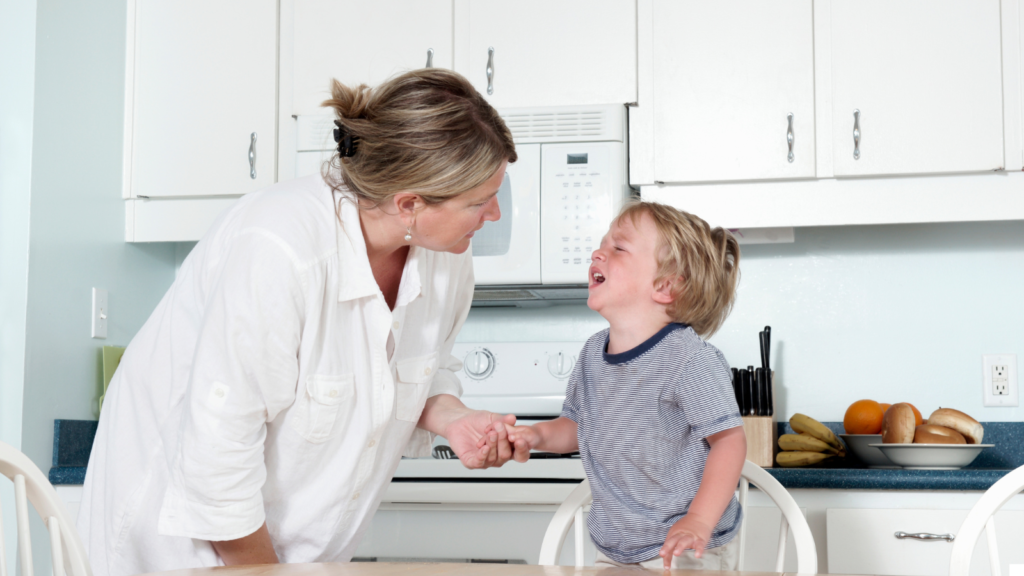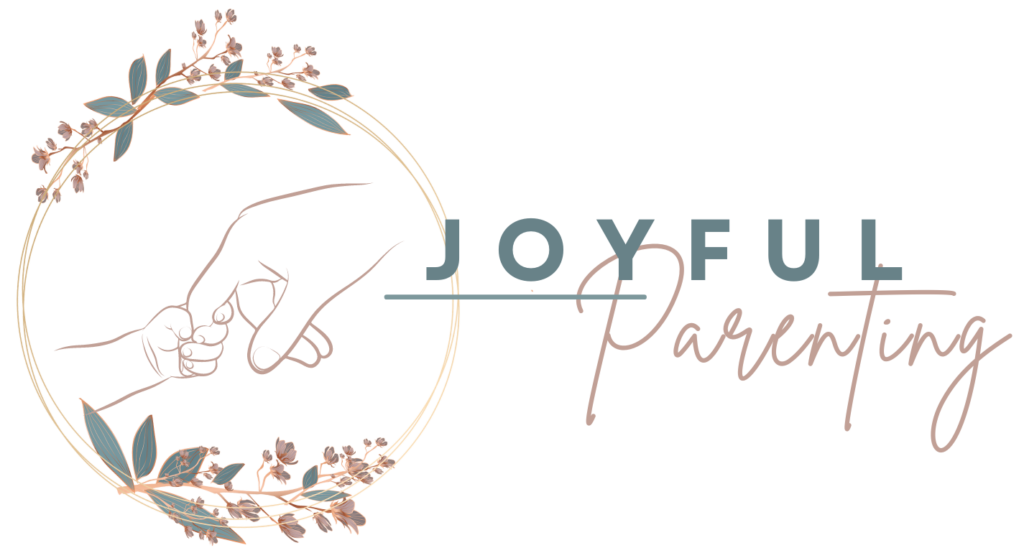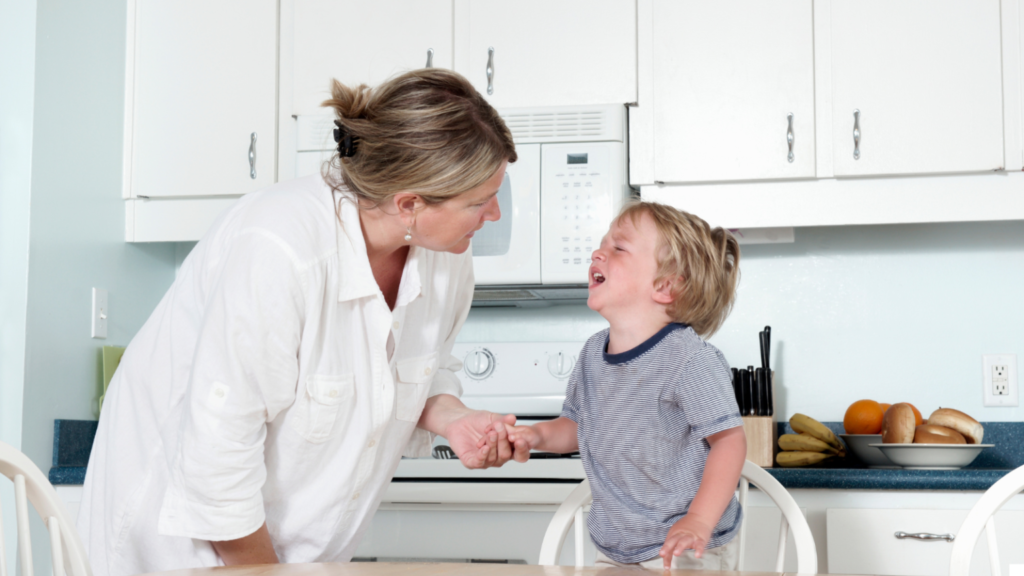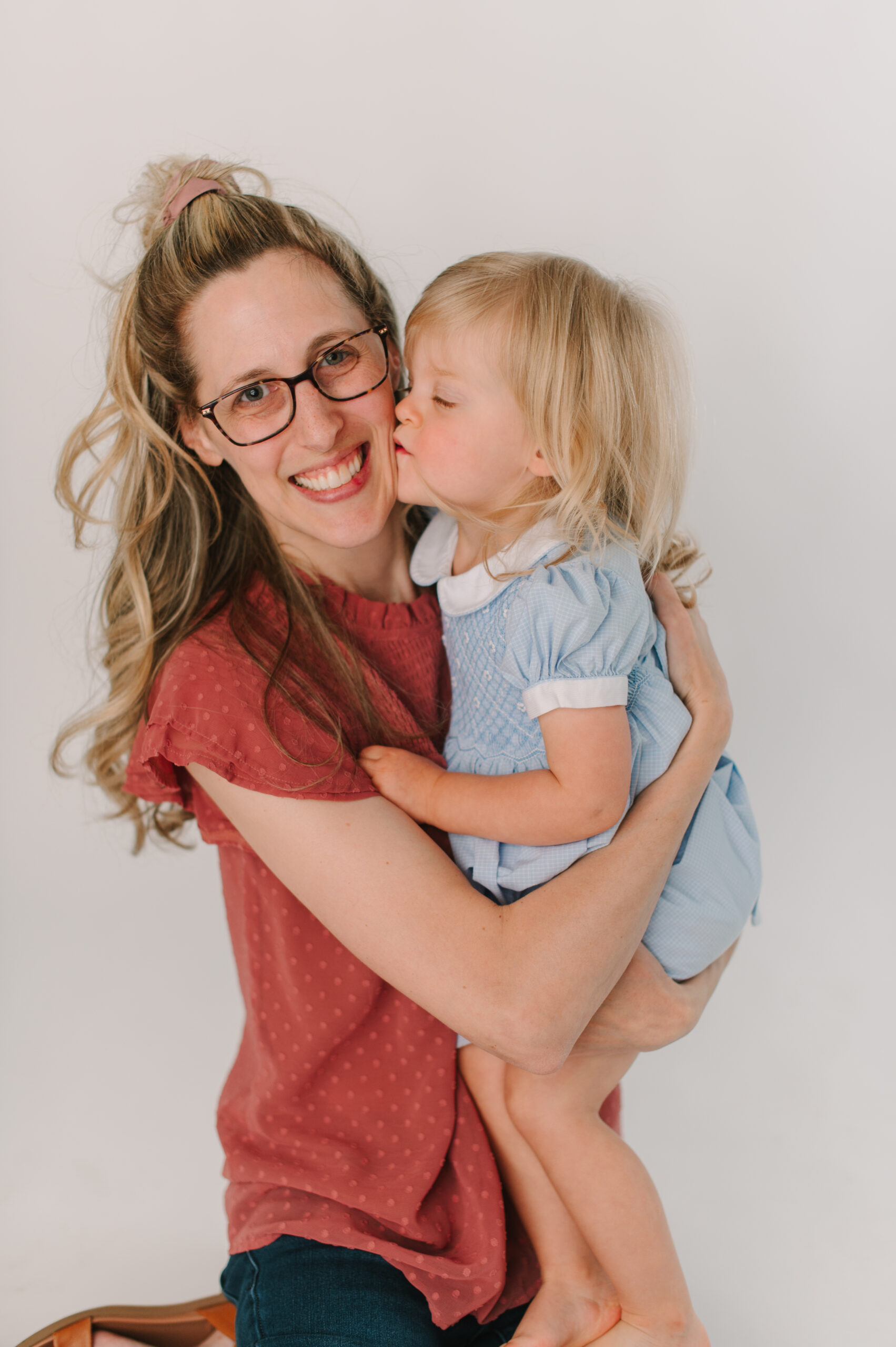Parenting toddlers is an adventure filled with joy, surprises, and, occasionally, challenges like biting. It’s a common issue but knowing how to respond can make a big difference. Here are 10 phrases to say when your toddler bites to help them understand, learn, and grow from the experience.
1. “Biting hurts.”
Keep it simple and direct. Let your toddler know that biting causes pain and is not acceptable behavior.
2. “We use our teeth for eating, not for biting.”
This phrase helps redirect their understanding of what teeth are meant for, reinforcing appropriate use.
3. “Can you show me gentle touches instead?”
Encourage your child to express themselves gently, teaching them to replace biting with a positive behavior.
4. “Are you feeling upset? Let’s talk about it.”
Addressing the emotions behind the biting helps your toddler learn to express their feelings with words.

5. “If you need space, you can say ‘stop’ or ‘move.'”
Empower your child with words they can use to communicate their needs without resorting to biting.
6. “Biting is not safe. How can we fix this?”
Involve your child in finding a solution, teaching them accountability and problem-solving skills.
7. “Let’s take a break and calm down.”
Sometimes, a timeout to cool down can prevent further biting and help your child regain control of their emotions.
8. “Can you show me how you feel with your words?”
Encourage verbal expression by prompting your child to articulate their emotions.
9. “Let’s play a game instead.”
Redirecting their energy to a positive and engaging activity can help prevent biting incidents.
10. “I love you, but I don’t like biting.”
Reassure your child of your love while making it clear that biting is not acceptable.
Biting is a phase that many toddlers go through, and responding with patience, understanding, and clear guidance can help them learn better ways to express themselves. Using these phrases consistently will encourage your child to communicate more effectively and reduce biting incidents. Remember, it’s a learning process for both of you, so be kind to yourself and your toddler as you navigate this challenging behavior together.





